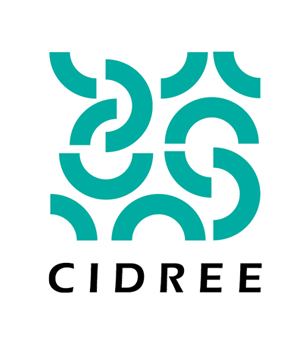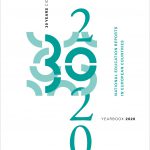Digital literacy: Curriculum Development and Implementation in European Countries edited by Jos Tolboom and Lydwin van Rooyen
The 2021 CIDREE conference was organized by the Netherlands Institute for Curriculum Development SLO. This was the second Yearbook Conference held online.
As is the case with all human activities, computerization brought fundamental change in scientific discovery. One could even argue that it caused two majors shifts of paradigm, out of the four we could distinguish so far.
In the early days of science, experimental science has brought us the idea that systematic observations and descriptions help us in understanding the world. Later, theoretical science has put effort into the formulation of such observations and descriptions in terms of ‘laws’, as for instance manifested in the work of Isaac Newton. Computational science caught these laws into computerized models, adding simulations to the scientific toolkit. In the domain of mathematics, as an example, computational experimentation led to the formulation of chaos theory. In our current era, the emerge of the internet of almost everything generates the abundancy of ubiquitous data. This data facilitates scientists in discovering patterns, even without an at forehand explicit laws to be tested, thus leading to data-intensive scientific discovery.
The central idea of the CIDREE yearbook 2021 is to take a look at how especially the last two paradigms, computational science and data-intensive science, drawing heavily on computer science principles, are supported by digital literacy in the secondary school curriculum.



